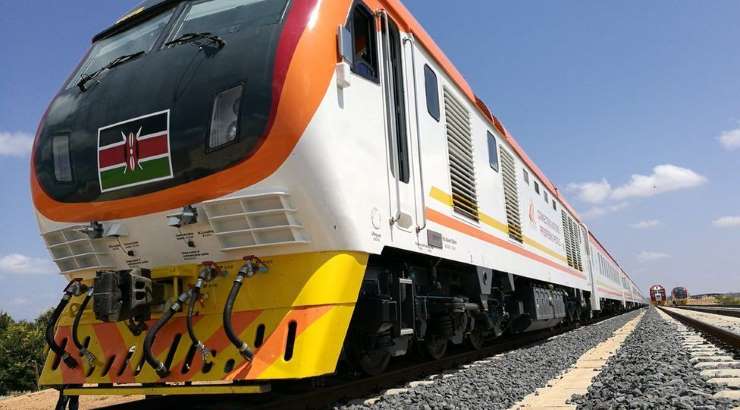Infrastructure
Mombasa-Kigali Rail Project Begins to Gather Steam
The project will be tackled by Kenya, Uganda and Rwanda as a block.

Plans for the construction of a new Mombasa-Kigali railway line entered a decisive stage Thursday with the groundbreaking ceremony for the Sh1.2 trillion (US$1.35 billion) project.
The railway line to be built by the China Communications and Construction Company will run from the Mombasa port to Malaba, Kampala, and then Kigali – a distance of 2,935km.
The Mombasa-Kigali railway project entails a 1,185km rail from Mombasa through Nairobi to Malaba and branching to Kisumu; a 1,400km rail from Malaba to Kampala and branching to four Ugandan towns before connecting to the main line to Rwanda at Mirima Hills; a 200km rail from Mirima Hills to Kigali and an extra 150km rail to other towns in Rwanda.
The project will be tackled by Kenya, Uganda, and Rwanda as a block, with each country financing the section of the railway under its territory.
RELATED: Work on Kenya-Tanzania Highway in Top Gear
Construction work for the Kenyan section will be undertaken in three phases; Phase one starting from Mombasa to Nairobi followed by Nairobi-Malaba and Kisumu in Phase Two and Malaba-Kisumu to Kampala in Phase Three.
In September, Kenya received a Sh326 billion loan from China for the project.
“Sh216 billion out of the loan will be used exclusively for the construction of the railway and the rest will be used to acquire trains and wagons,” Transport CS Michael Kamau.
The new line is expected to reduce the cost of freight from the port of Mombasa to Kisumu by at least 75pc from about US$1,648 to US$353 per 20-foot container, the CS said.
The completion of the Mombasa-Kigali project is scheduled for March 2018, but Kenya had earlier said that the Mombasa-Malaba railway will be accomplished by 2017.
The railway line, which will be built according to Chinese design standards, will allow cargo trains and passenger trains to attain speeds of 80kph and 120kph respectively.














